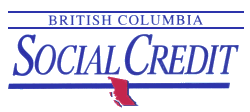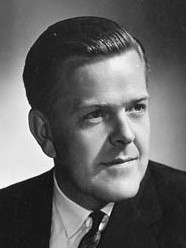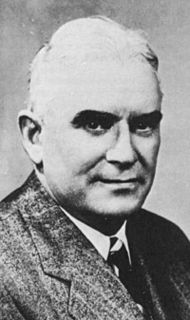| |||||||||||||||||||||||||||||||||||||||||||||
55 seats of the Legislative Assembly of British Columbia 28 seats were needed for a majority | |||||||||||||||||||||||||||||||||||||||||||||
|---|---|---|---|---|---|---|---|---|---|---|---|---|---|---|---|---|---|---|---|---|---|---|---|---|---|---|---|---|---|---|---|---|---|---|---|---|---|---|---|---|---|---|---|---|---|
| |||||||||||||||||||||||||||||||||||||||||||||
| |||||||||||||||||||||||||||||||||||||||||||||
The British Columbia general election of 1979 was the 32nd general election in the Province of British Columbia, Canada. It was held to elect members of the Legislative Assembly of British Columbia. The election was called on April 3, 1979. The election was held on May 10, 1979, and the new legislature met for the first time on June 6, 1979.

British Columbia is the westernmost province of Canada, located between the Pacific Ocean and the Rocky Mountains. With an estimated population of 5.016 million as of 2018, it is Canada's third-most populous province.

Canada is a country in the northern part of North America. Its ten provinces and three territories extend from the Atlantic to the Pacific and northward into the Arctic Ocean, covering 9.98 million square kilometres, making it the world's second-largest country by total area. Canada's southern border with the United States is the world's longest bi-national land border. Its capital is Ottawa, and its three largest metropolitan areas are Toronto, Montreal, and Vancouver. As a whole, Canada is sparsely populated, the majority of its land area being dominated by forest and tundra. Consequently, its population is highly urbanized, with over 80 percent of its inhabitants concentrated in large and medium-sized cities, many near the southern border. Canada's climate varies widely across its vast area, ranging from arctic weather in the north, to hot summers in the southern regions, with four distinct seasons.

The Legislative Assembly of British Columbia is one of two components of the Parliament of British Columbia, while the other is Elizabeth II, Queen of Canada, represented by the Lieutenant Governor of British Columbia.
Contents
The governing Social Credit Party of British Columbia of Bill Bennett was re-elected with a majority government, and won almost half of the popular vote. The electorate was polarized between the Socreds and the social democratic New Democratic Party of former premier Dave Barrett, which won just under 46% of the popular vote and all of the remaining seats in the legislature.
Social democracy is a political, social and economic ideology that supports economic and social interventions to promote social justice within the framework of a liberal democratic polity and a capitalist economy. The protocols and norms used to accomplish this involve a commitment to representative and participatory democracy, measures for income redistribution and regulation of the economy in the general interest and welfare state provisions. Social democracy thus aims to create the conditions for capitalism to lead to greater democratic, egalitarian and solidaristic outcomes. Due to longstanding governance by social democratic parties and their influence on socioeconomic policy development in the Nordic countries, in policy circles social democracy has become associated with the Nordic model in the latter part of the 20th century.
David Barrett, was a politician and social worker in British Columbia, Canada. He was the 26th Premier of British Columbia for three years between 1972 and 1975.
Of the other parties only the Progressive Conservatives won over 1% of the popular vote, but their 5% of the vote did not enable them to hold on to their single seat in the legislature. Party leader Victor Stephens complained during the campaign that the federal PC Party was providing no assistance to the provincial party, favouring Social Credit instead. The caused embarrassment for federal party leader Joe Clark, who was leading his own election campaign for the May 22, 1979 federal election.
The British Columbia Conservative Party, formerly the British Columbia Progressive Conservative Party, is a provincial political party in British Columbia, Canada. From the early 1900s until the 1950s, the Conservatives were, along with the British Columbia Liberal Party, one of the two major parties in the province. Since the 1950s, the party has gradually declined in prominence, last winning a seat in a 1978 by-election. The Conservatives enjoyed a brief resurgence after Liberal MLA John van Dongen joined the party in 2012, and won nearly 5% of the vote in the 2013 provincial election. The party plays a minor role in provincial politics today.
Victor Albert Stephens is a Canadian former politician. He served in the Legislative Assembly of British Columbia from 1978 to 1979, as a Progressive Conservative member for the constituency of Oak Bay.

The Progressive Conservative Party of Canada (PC) was a federal political party in Canada.






